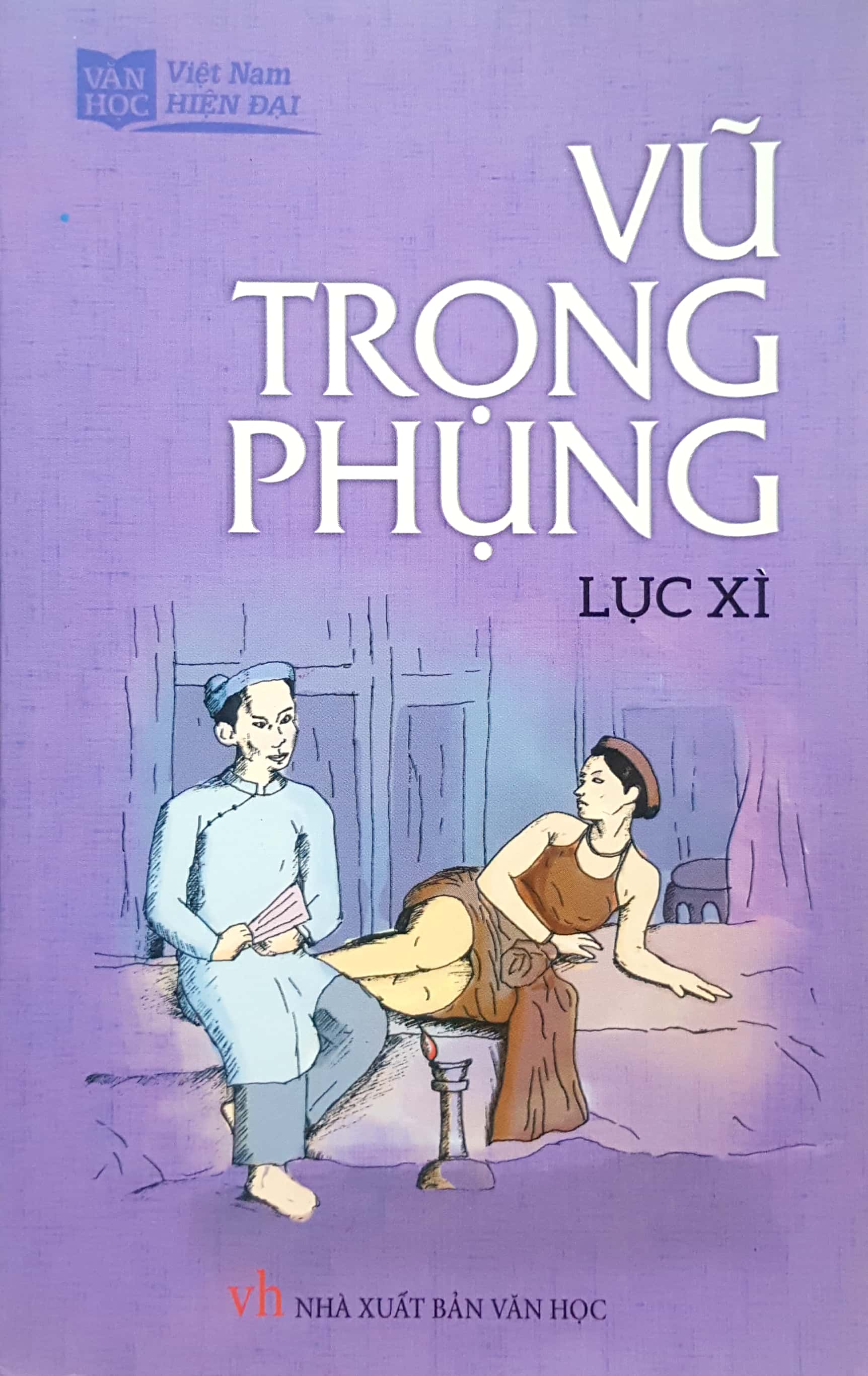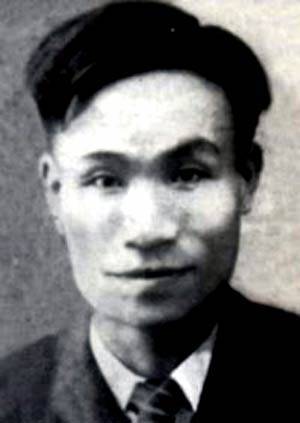
Author

Vũ Trọng Phụng (1912-1939) là một nhà văn, nhà báo nổi tiếng của Việt Nam vào đầu thế kỷ 20. Tuy thời gian cầm bút rất ngắn ngủi, với tác phẩm đầu tiên là truyện ngắn Chống nạng lên đường đăng trên Ngọ báo vào năm 1930, ông đã để lại một kho tác phẩm đáng kinh ngạc: hơn 30 truyện ngắn, 9 tập tiểu thuyết, 9 tập phóng sự, 7 vở kịch, cùng một bản dịch vở kịch từ tiếng Pháp, một số bài viết phê bình, tranh luận văn học và hàng trăm bài báo viết về các vấn đề chính trị, xã hội, văn hóa. Một số trích đoạn tác phẩm của ông trong các tác phẩm Số đỏ và Giông Tố đã được đưa vào sách giáo khoa môn Ngữ văn của Việt Nam. Nổi tiếng với giọng văn trào phúng châm biếm xã hội của mình, một số người đã so sánh ông như Balzac của Việt Nam. Tuy nhiên, cũng vì phong cách "tả chân" và yếu tố tình dục trong tác phẩm mà khi sinh thời ông đã bị chính quyền bảo hộ Pháp tại Hà Nội gọi ra tòa vì "tội tổn thương phong hóa" (outrage aux bonnes moeurs). Về sau này, tác phẩm của ông lại bị cấm in, cấm đọc vì là "tác phẩm suy đồi" tại miền Bắc Việt Nam từ 1954 và cả nước từ ngày 30/4/1975 cho đến tận cuối những năm 1980 mới được chính quyền cho lưu hành. Tác phẩm: Tiểu thuyết: Dứt tình (1934) Giông tố (1936), khi đăng trên Hà Nội báo có tên Thị Mịch. Vỡ đê (1936) - Báo Tương Lai Số đỏ (1936) - Hà Nội báo Làm đĩ (1936) - Tạp chí Sông Hương Lấy nhau vì tình (1937) Trúng số độc đắc (1938) Quý phái (1937, đăng dang dở trên Đông Dương tạp chí - bộ mới) Người tù được tha (Di cảo) Và còn rất nhiều tác phẩm kịch, dịch thuật, phóng sự và truyện ngắn.